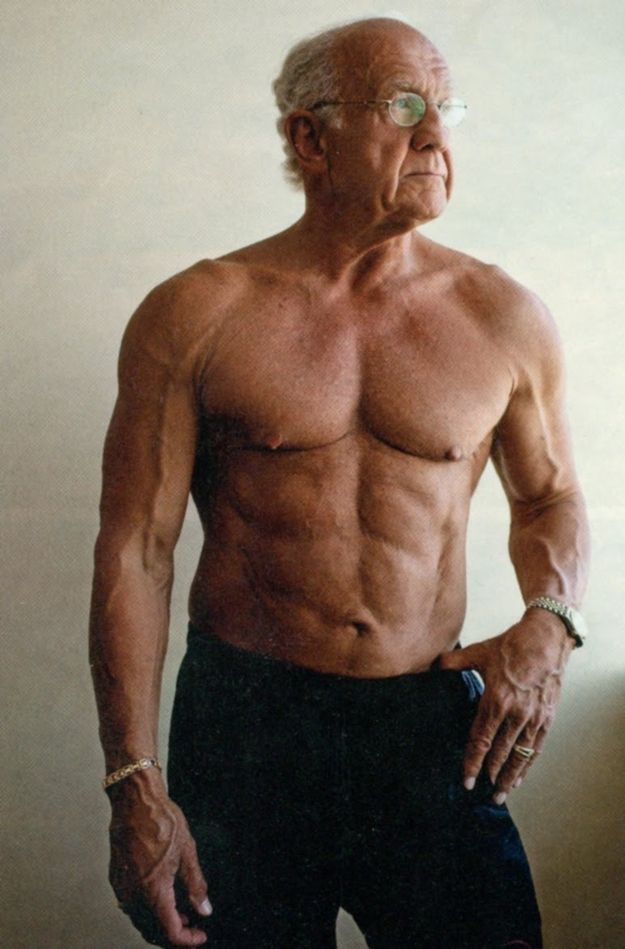MUSCLE is a matter of HEALTH
Health, July 15, 2021
Muscle is not just for moving you - it is far more important for wellbeing and longevity than you realise.
There are several studies of that show that the usual massive decline in mitochondria (usual is 50-70% loss of mitochondrial capacity from ages 20 to 70) DOES NOT happen in people who are life long exercises. It's a combination of resistance work (keeping the muscle fibre robust and healthy) plus the aerobic work to enhance the oxidative capacity. It is NOT just one or the other. As a society we need to prolong health span and function with more muscle and not rely solely on pharmaceutical agents and excessive 'rest' home care for just life span. Maybe we need to re-brand rest homes as activity villages! Quality and optimising life should always be our health goal just just prolonging it. We can't keep losing functionality later in life as a result of physical weakness and lack of cardiovascular fitness.
The more muscle (to a point - too much still creates excessive weight for joints), the less overall mortality. When you contract muscle you secrete myokins which help combat many disease states. They protect our bones, brains, heart and liver. There are many myokins. There is BDNF which goes to the brain. Interleukins, including interleukin-6 (also secreted by macrophages) which is part of the immune system and up-regulated to boost immunity in response to infection.
How to optimise muscle?
1)Proper nutrition - as you age and your growth hormone, and testosterone decrease you have to be more mindful with what your consume. All evidence based diets have overlapping advice - low in saturated fat, low in trans fat, low in ultra processed food and good amounts of fibre. Naturally this leads to plant predominant eating. Have a whole food plant slant. Increasing your protein intake and distributing your protein intake over the day is important as we age. Leucine (branched chain amino acid, BCAA) has shown to be a very important essential amino acid, plant food sources of leucine include soy, pumpkin seeds, lentils, and tempeh. I look for 1.8g (55mg of leucine) of protein per kg of bodyweight when I'm training 7-10 hrs/wk. I am around 70kg so I will try to get in around 110-120g per day and spread it over 3 meals and a afternoon snack.
2)Resistance Training - At least 1-2 x a week for 10-20min building up to using weights as we have to change the tissue (compound lifts eg deadlift, squat, and kettlebell swings) and microchunks of body weight activity daily. You manage to brush your teeth twice a day for 90sec so 30-60sec of squats, push ups, lunges, and planks should become part of your full body strength routine. I talk about the three pillars of physical fitness being - i) Cardiovascular fitness, ii) Flexibility/mobility/balance iii) Strength/core/full-body strong
Body composition may be a good predictor of mortality risk. Overall we need more muscle and less fat to create and promote optimal functional wellbeing. So let's reflect this knowledge with daily actions that look after our muscle.
For Physiotherapy, Coaching, my Book, Training Plans, YouTube, FREE recipes, and more Articles
Connect below
https://linktr.ee/everfitcoach

.jpg?version=8)